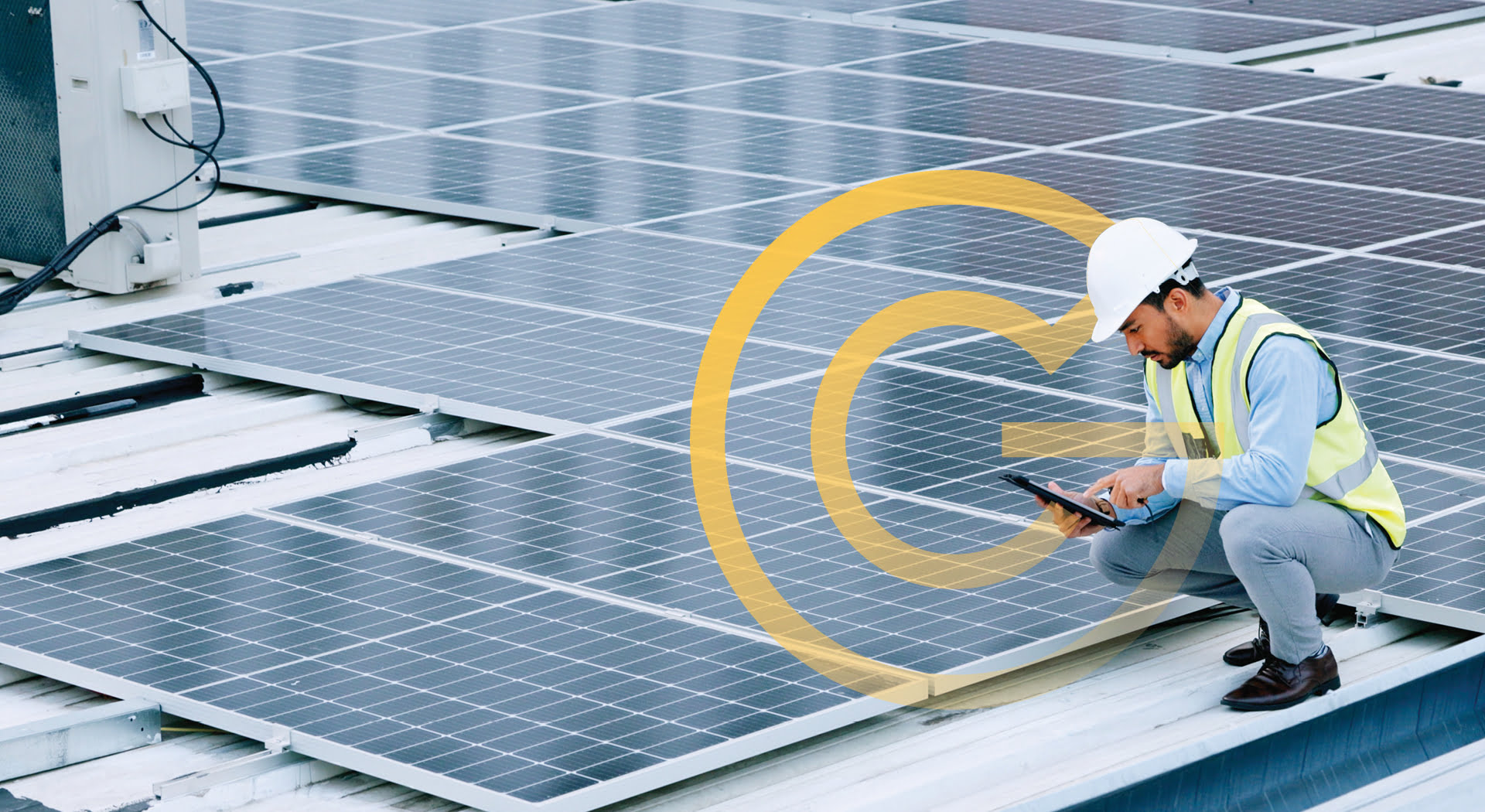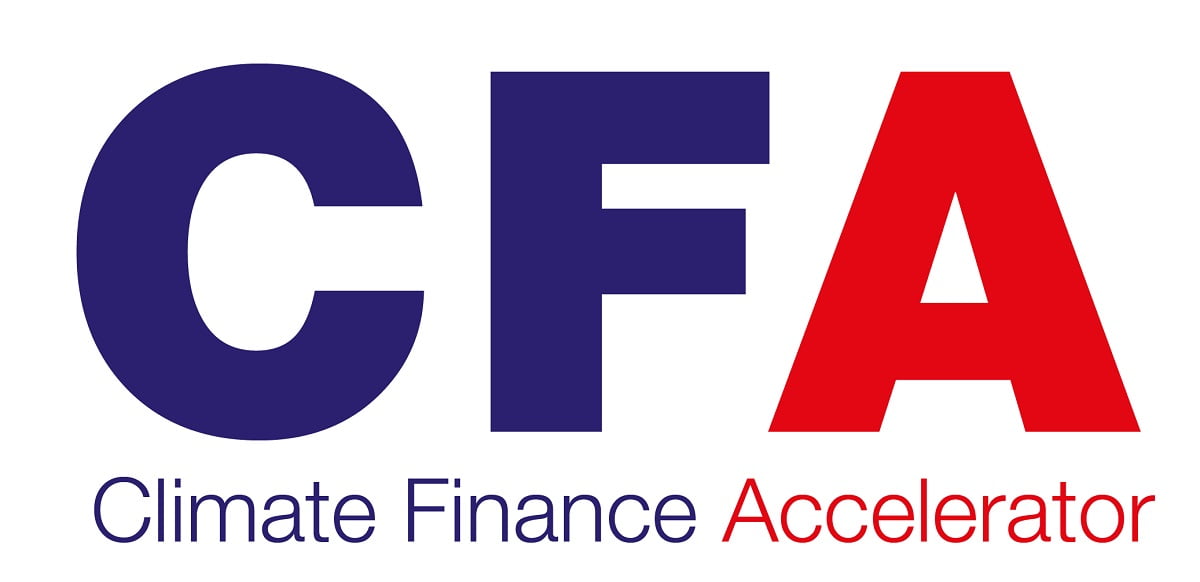Basic service delivery in the City of Cape Town is needed to create active citizens, empowered to realise their economic and social development goals while creating a society that is able to innovate, create businesses, develop skills, jobs and stimulate investment.
The City of Cape Town, in partnership with GreenCape’s Alternative Service Delivery Unit (ASDU), is supporting alternative energy service delivery SMMEs who operate at the base of the pyramid (sanitation, waste, clean water, solar home systems, solar hubs, microgrids, solar powered street lights; clean cooking operators; and similar offering providers with innovative business models) that can help the City drive service delivery using innovative or alternative approaches for energy-poor settlements in the modern City.
GreenCape’s ASDU is a community led, data driven, independent off-grid service delivery unit that was established in 2018 to oversee the design, facilitation and implementation of tailored service delivery models that are financially sustainable, technically sound and socially inclusive in underserviced and unserviceable communities.
“Assisting energy service delivery SMMEs to promote their successes by sharing their content, achievements and facilitating business support and partnerships with other businesses, governments, academia and funding institution, can help the Enterprise and Investment Department to improve the economic development potential and their spill-over social benefits of these businesses,” said Reshmi Wolvers, project manager for ASDU at GreenCape. “While it is possible to do this via networking or presentation platforms, social media and video streaming is likely to also be an effective way to become globally relevant and reach larger audiences in our new virtual reality. We are excited to promote the incredible work that many SMMEs do in our informal settlements, with the hopes of serving more citizens, together,” she added.
Towards this end, three videos have been produced to showcase the work of SMMEs in the ASDU space in Cape Town.
Watch: PayGas
PayGas brings affordable, cleaner cooking options to townships through cashless micro-refilling stations that dispense LPG to the value the customer chooses.
“Currently, more than 21 000 low-income households have been benefiting from cashless pay-as-you-go-Gas™ refilling stations. Residents in Nyanga, Philippi, Delft and Langa now have access to affordable gas needed for cooking and heating. Furthermore, this business model allows local entrepreneurs to switch to inexpensive cleaner energy. We strongly believe that strategic partnerships like this contribute to job creation and economic growth,” says Philippe Hoeblich, CEO of PayGas.
Watch: PJS Informal Solar Project
Another impactful project underway is the PJS Informal Solar Project, which has thus far provided 750 solar powered lighting devices above the front doors of households in the area of Khayelitsha. This provides residents with adequate outdoor lighting.
“We’re encouraged by the positive feedback we continue to receive from residents in the informal settlements that now have access to solar powered lighting. To help scale solar public lighting to more informal settlements, it is essential that local NGOs already working in these communities collaborate with the City to share their knowledge and help increase capacity for further implementation. Thank you to the City for its support since inception of this project.”, says Yael Borofsky, Project Researcher PJS.
Watch: LulaLab Solar Geyser Project
The Lululab Solar Geyser Project is providing informal households with access to warm water for sanitation. This is a Lulalab Foundation and Atlantis Special Economic Zone (ASEZ) initiative, that is supported by the City of Cape Town. “Around 100 households in Pella and Witsand in the Atlantis area have received solar geysers. This multi-beneficial project encourages residents to recycle, reduces waste going to landfill and provides job opportunities,” says Errol Freeman, CEO of Lulalab.
Around 750 two litre cool drink bottles were collected. The outer shell and casing (of each solar powered geyser) is made for purpose from recycled plastic, with empty two litre cool drink bottles inside, which heats the water. This is then attached to a 50 litre drum mounted on the roof of a house. This way the gravity-fed geyser requires no electricity or switches to provide warm water straight from a tap.
“We are committed to working with various partners to unlock the economic development potential of the City of Cape Town through the economic opportunities of basic energy service delivery to informal settlements,”. says Alderman James Vos, Mayoral Committee member for Economic Growth. We are enthused by those showcasing their successful projects, attracting investments, enabling expansions and impacting economic development potential. Ultimately, achieving their fundamental objective, which is to serve more citizens,” he added.
Please share these videos to support the businesses that are creating impact in the green economy in the City of Cape Town.
For more information, email Reshmi Wolvers at [email protected].



